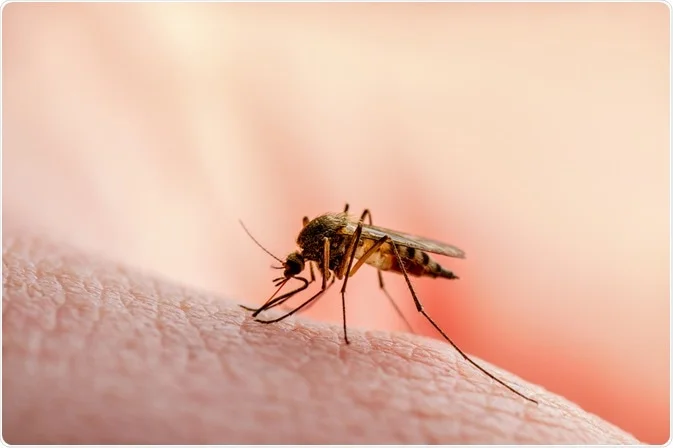
Dr Emeka Anya, Consultant and Infectious Disease Physician, says that resistance of anti-malaria drug resistance is not on the rise in the country.
Anya said this on Thursday in Abuja, while speaking about the findings of the malaria disease poll with a focus on tackling anti-malaria drug resistance in the country.
The News Agency of Nigeria(NAN), reports that NOIPolls, a foremost country-specific opinion polling and research organisation in West Africa, conducted the new public opinion poll on Malaria disease.
The poll result revealed that slightly more than 9 in 10 Nigerians (91 per cent ) think that malaria is one of the most worrisome health challenges in the country.
This assertion cuts across gender, geographical locations and age groups with at least 87 per cent representation.
Anya said that the introduction of Artemisinin-based combination therapies (ACTs) has played an integral role in tackling the malaria disease in the country.
“It is safe to say there is an effective drug.
“Continuous use of a particular drug, unprescribed usage and adulterated drugs are also limiting factors to tackling malaria and increasing drug resistance,” he said.
According to him, with how the nation’s health system is structured, citizens cannot afford to consult and get medication due to high cost.
He said that should be done to ensure quality and accessible healthcare for all.
“Self-medication may be cheaper but in the end, the effect on one’s health may cost more so why not see a doctor?
“Citizens need to do better in taking better care of their health,” he advised.
On dealing with exposure to malaria and comparing treatments, Jeff Unadike, a pharmacist, said that treatment does not mean eradication or prevention of subsequent exposure.
Unadike said that Artemisinin-based combination therapies are the most effective defense against malaria for now.
He, however, said that continuous efforts are being made to address challenges that may arise from the use of the medications.
NAN reports that according to the 2021 World Malaria Report, Nigeria had the highest number of global malaria cases 27 per cent of global malaria cases and the highest number of deaths (32 per cent of global malaria deaths) in 2020.
In addition, Nigeria accounted for an estimated 55.2 per cent of malaria cases in West Africa in 2020.
With regards to the malaria burden in the country, the poll has quantified just how pervasive malaria disease is, with as many as 7 in 10 (71 per cent ) Nigerians revealing they had treated malaria in the past three (3) months.
To further corroborate this finding, the World Malaria Report revealed that cases of malaria in the country had increased to 5.3 per cent between 2017 and 2020, from 298 to 314 per 1000 of the population at risk.
Deaths increased by 4.7 per cent, from 0.92 to 0.97 per 1000 of the population at risk during that same period.
Meanwhile, the World Health Organisation (WHO), says the country has seen major progress, adding that Malaria incidence has fallen by 26 per cent since 2000 – from 413 per 1000 to 302 per 1000 in 2021.
Malaria deaths also fell by 55 per cent, from 2.1 per 1000 population to 0.9 per 1000 population.
The WHO says that drivers of this continuing disease burden include the size of Nigeria’s population, making scaling up intervention challenging; suboptimal surveillance systems, which pick up less than 40 per cent of the country’s malaria data; inadequate funding to ensure universal interventions across all states; and health-seeking behaviour, where people use the private sector, with limited regulation, preferentially.
According to it: “Learning from COVID-19, we know that continuity of provision of essential health services is critical to interventions in malaria and other diseases, particularly in populations affected by humanitarian emergencies; and changing environmental factors, such as climate change, and farming and mining practices that may increase transmission.”
The UN agency said that addressing the prevention, elimination and control of malaria and the burden from other diseases requires critical data and information gathering for evidence-based investment and decision-making.
(NAN)














[…] post Resistance to Anti-Malaria Drugs not Rising in Nigeria- Expert appeared first on […]